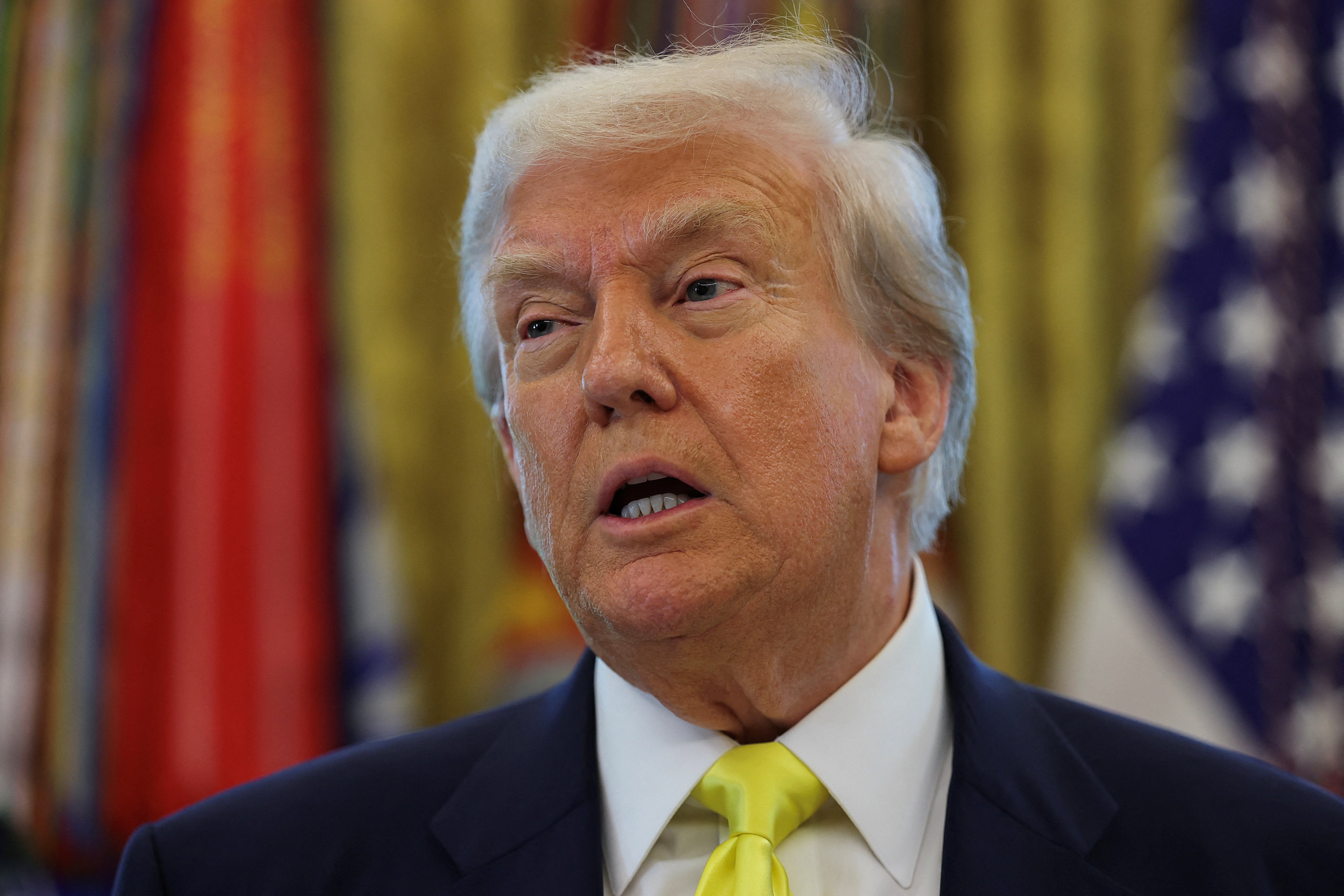The US government has decided to extend its pause on tariff measures against China by an additional 90 days. This move is seen as an attempt to continue negotiations and establish trade harmony between the two countries, without intensifying the economic discord. Although specific details of the talks are yet to be disclosed, this halt on tariffs provides a breathing space for businesses on both sides, while signaling that progress may be underway.
Japan, being a key player in Asia's economy and global trade, shows keen interest in developments concerning the US-China trade issues. The decision to extend the tariff hiatus impacts not only US and China, but also other global economies, including Japan's. From a social perspective, the move is perceived as playing a part in stabilizing the region's economy. Legally, it reflects international trade laws and negotiation dynamics that Japan inherently partakes in.
In the US and EU, trade tariffs are often used as leverage during negotiations. Temporary suspensions are seen as signs of progress in discussions. However, the context can differ based on the nations involved, the political climate, and the specific goods or services at stake. Uncertainty over tariffs can impact markets in both regions, prompting reactions from businesses and investors.

